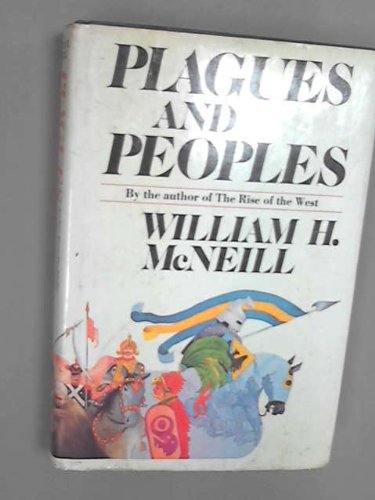
Yes, it's almost the end of the year, Christmas is over, the New Year is fast approaching and for many people, resolutions are being planned. We can make changes anytime in our lives, but for some reason, we see the new year as a clean page to start.
"Many of us yearn for instant gratification, and when something takes too long, we give up or move on. Unfortunately, the instant gratification we crave is the exact thing that hinders us from achieving success in our quest for change. The secret to making change that lasts is to acknowledge and accept that change takes time and that patience during the process is essential."
I agree with Blumenthal that 'small changes feed our need to succeed." To that end Brett Blumenthal's book 52 Small Changes actually spans the entire year. She has come up with one change per week that we can incorporate on our way to becoming a "happier, healthier you." The book has four target areas: Diet and Nutrition, Fitness and Prevention, Mental Well - Being and Green Living.
Week One's topic is water - drinking more of it. A basic tenet that we're all aware of and recognize the importance of, but really don't carry out. By just having the one goal for an entire week and following through, one could achieve a feeling of success and the desire to continue on with other small but beneficial changes.
Blumenthal targets a lot of other 'known' issues such as adequate sleep, food choices, additives, vitamins etc. Some of the suggestions such as breathing right, taking at least a half hour a day for yourself, cleaning products and identifying additives provided lots of food for thought. Each topic is explored and the benefits explained. If you're already following that week's suggestions there are ideas for taking it up a notch.
I think the idea of one small change a week is great. However I think some of the ideas would require greater introspection and thought, such as Participate in Your Life (mindful thinking), Find Your Own Spirituality and Living with Purpose. However, that being said, 52 Small Changes does introduce the ideas for consideration.
The book is cleanly laid out, easy to read and includes pictures, graphs and blurb boxes. I think a reader could pick and choose ideas from the book that are pertinent to the changes they would like to see in their lives. I don't think every idea would work for everyone. Do I think I could make 52 changes this year? No, but I will be making some and 52 Small Changes has given me some ideas.






